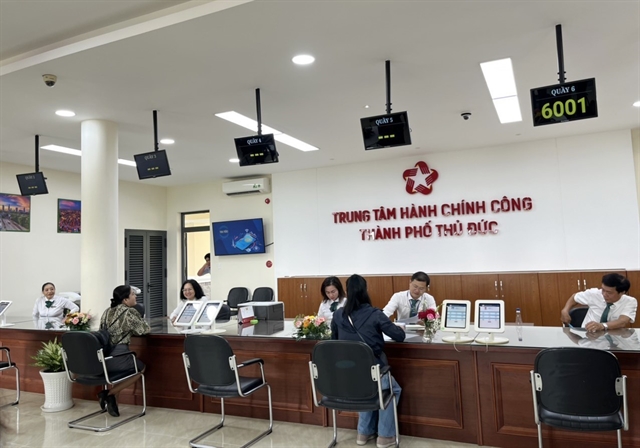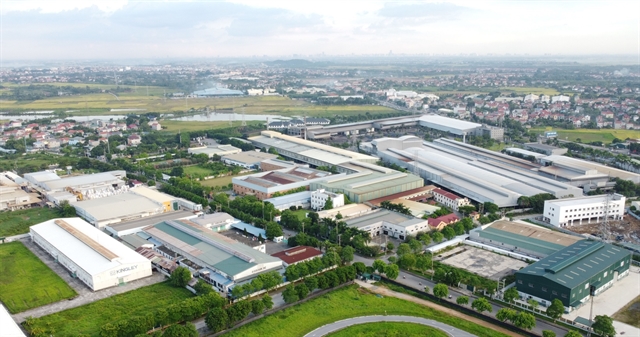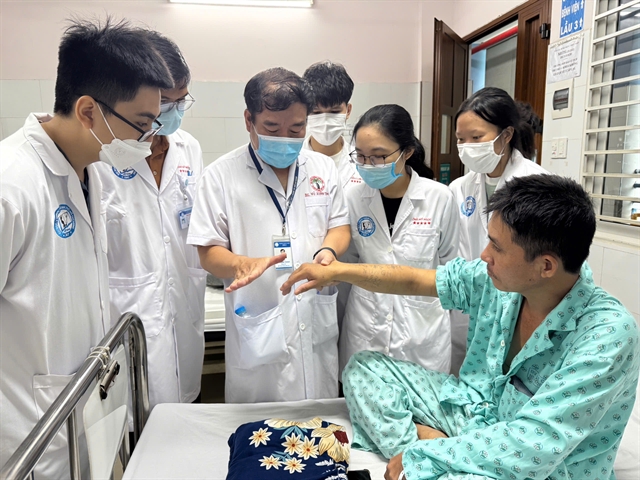 Life & Style
Life & Style
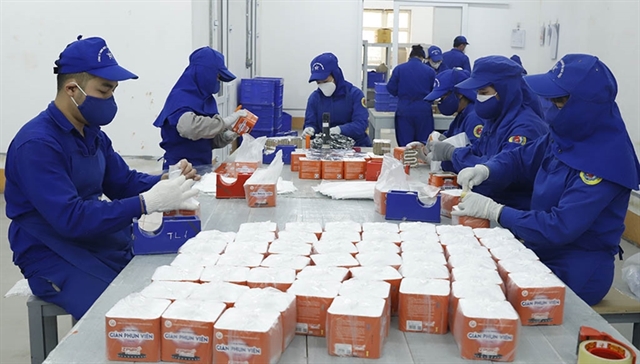
Everyone who’s been to Việt Nam even once will know that coffee is a big deal here.
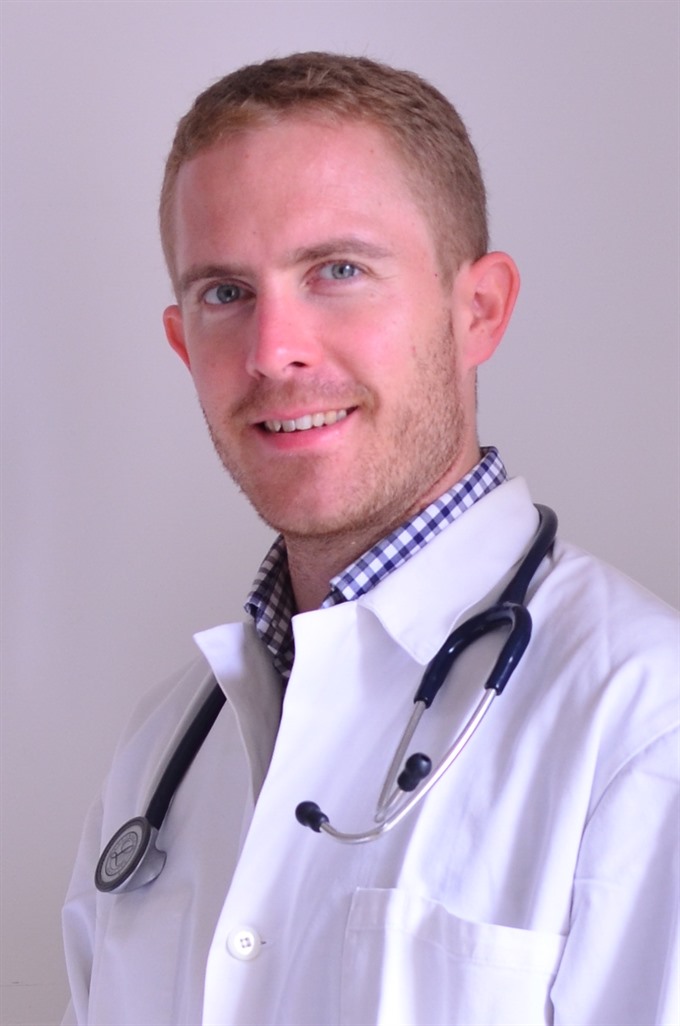 |
| Doctor Mathieu Nalpas.— Photo courtesy of Family Medical Practice Hanoi |
By Dr. Mathieu Nalpas*
Everyone who’s been to Việt Nam even once will know that coffee is a big deal here. Since the introduction of the first plantations in the 19th century, Việt Nam has become the second largest producer and exporter of coffee in the world behind Brazil. Coffee business brings in US$3 billion a year and represents a livelihood for nearly 2.6 million people. Walking through city streets, we realize that there are likely more coffee shops in Việt Nam than bakeries and bistros in France. So yes, this plant producing stimulating effect, initially coming from Ethiopia, is a way of life in Việt Nam.
Good for health?
Caffeine is a psychoactive substance found in coffee. It is also found in tea, sodas, cocoa and chocolate. Caffeine promotes the release of exciter neurotransmitters in the brain, which explains its stimulating effect.
A lot of scientific studies have been carried out over the last 10 years and most of them seem to confirm the beneficial effects of moderate coffee consumption (3 to 4 cups per day) and the absence of negative effects on human health, all in a balanced diet.
Be careful, however, not to drink it too hot: any burning drink increases the risk of cancer of the oral cavity, the larynx, the pharynx and the esophagus – a precaution that also applies to tea and all hot drinks.
Well-being and cognitive effects
Moderate consumption (3 to 4 cups per day) of coffee generates positive effects. Sensation of well-being, relaxation, good mood, energy, increased vigilance, better concentration are all some of the beneficial impacts. On the other hand, consumption of high doses, induces negative effects, nervousness, aggressiveness, insomnia, tachycardia and tremors. However, the effects vary from one individual to another and are more pronounced in elderly and occasional users.
Children should not drink coffee.
Coffee increases the level of alertness, sensory and perceptual discrimination and responsiveness. This effect is particularly marked when individuals are deprived of sleep. On the other hand, before bedtime, even reduced consumption of coffee can have adverse consequences on the onset and quality of sleep. Difficulties and delayed sleep can persist up to 3 hours after taking coffee. Consumed during the day, coffee will have no influence on sleepiness and quality of sleep.
Low consumption of coffee has a beneficial effect on anxiety and mood. Some studies describe an improvement in well-being. Beyond a certain dose (600mg), on the other hand, caffeine increases nervousness, anxiety and irritability. Responses differ greatly from one individual to another, implying that genetic factors may be involved. A moderate consumption of coffee relieves migraines, dental and abdominal pain by direct analgesic effects on the receptors with which caffeine interacts.
Neurodegenerative diseases
Even more surprising, many studies seem to confirm the beneficial effects of caffeine in certain neurodegenerative diseases such as Alzheimer’s disease and Parkinson’s disease. Most of these studies found a significant reduced risk of developing these diseases among coffee consumers (3 to 5 cups per day). Although confirmation of a positive association between coffee consumption and a reduction in the risk of developing a neurodegenerative disease requires further studies on large populations, there is increasing evidence of the beneficial role of caffeine in moderate doses. Even in mice, the results of studies suggest a decrease in cognitive deficits associated with caffeine consumption.
Coffee and cancers
Several epidemiological studies looked at the potential relationship between coffee and cancers. Well, it would also seem that in this area, moderate coffee consumption is, at worst, without significant effect and, at best, has a beneficial and protective effect. Studies have shown a reduction in risk for cancers of the colon, liver, breast, prostate, skin. For colorectal cancer, the protection afforded by coffee would be related to the anticarcinogenic properties of antioxidants in coffee, to the property of coffee to induce excretion of bile acids and to stimulate the motility of the colon. Finally, caffeine also inhibits growth of colon cancer cells. All these results are encouraging but should be taken with caution and should be tested on wider populations.
Coffee and the heart
Cardio-vascular risk from coffee consumption is not supported by any recent studies done with large populations. To reduce this risk, however, it is preferable to act on lifestyle changes. In particular, stop smoking, increase physical activity and improve quality of the diet.
Coffee and pregnancy
Concerning effects during pregnancy and postnatal development, moderate consumption of caffeine, in all its forms, does not seem to have a noticeable effect in terms of fertility or fetal growth. Only high consumption could be harmful. Pregnant women should not exceed 200mg of caffeine per day (2 cups of coffee).
To summarize: better cognitive performance, increased well-being, decreased neurodegenerative diseases, beneficial impacts for cancers and migraines. Encouraging reasons to continue to explore with pleasure the thousands coffee shops of Việt Nam.
What else?
(Source: Nehlig a, 2012. Effets physiologiques du cafe et sante humaine. Cah agric 21: 197-207).
Caffeine facts: One cup (about 250 ml) of filter coffee contains on average 179mg of caffeine; a 50 ml espresso contains 89mg of caffeine; a cup (about 250 ml) of black tea in a sachet contains 50 mg; a cup (about 250 ml) of green tea contains 30 mg; a can of Coke contains 33mg.—Family Medical Practice Hanoi
*Doctor Mathieu Nalpas works as a General Practitioner at Family Medical Practice Hanoi -- a branch of Family Medical Practice Vietnam. FMP Vietnam wishes you all a fantastic “Tết”. We are open 24/7 during Tết and there are always expat doctors and pediatricians available.
For any emergency or for more advice on a medical practice, visit Family Medical Practice Hanoi on 298 I Kim Mã, Ba Đình or call (04) 3843 0748. Email:hanoi@vietnammedicalpractice.com.
FMP’s downtown Hồ Chí Minh City clinics are located at Diamond Plaza, 34 Lê Duẩn, District 1 and at 95 Thảo Điền Street, District 2. Tel: (08) 38227848. E: hcmc@vietnammedicalpractice.com.
FMP Danang is located at 96-98 Nguyễn Văn Linh Street, Hải Châu District, Đà Nẵng. Tel: (511) 3582 699. E: danang@vietnammedicalpractice.com.

